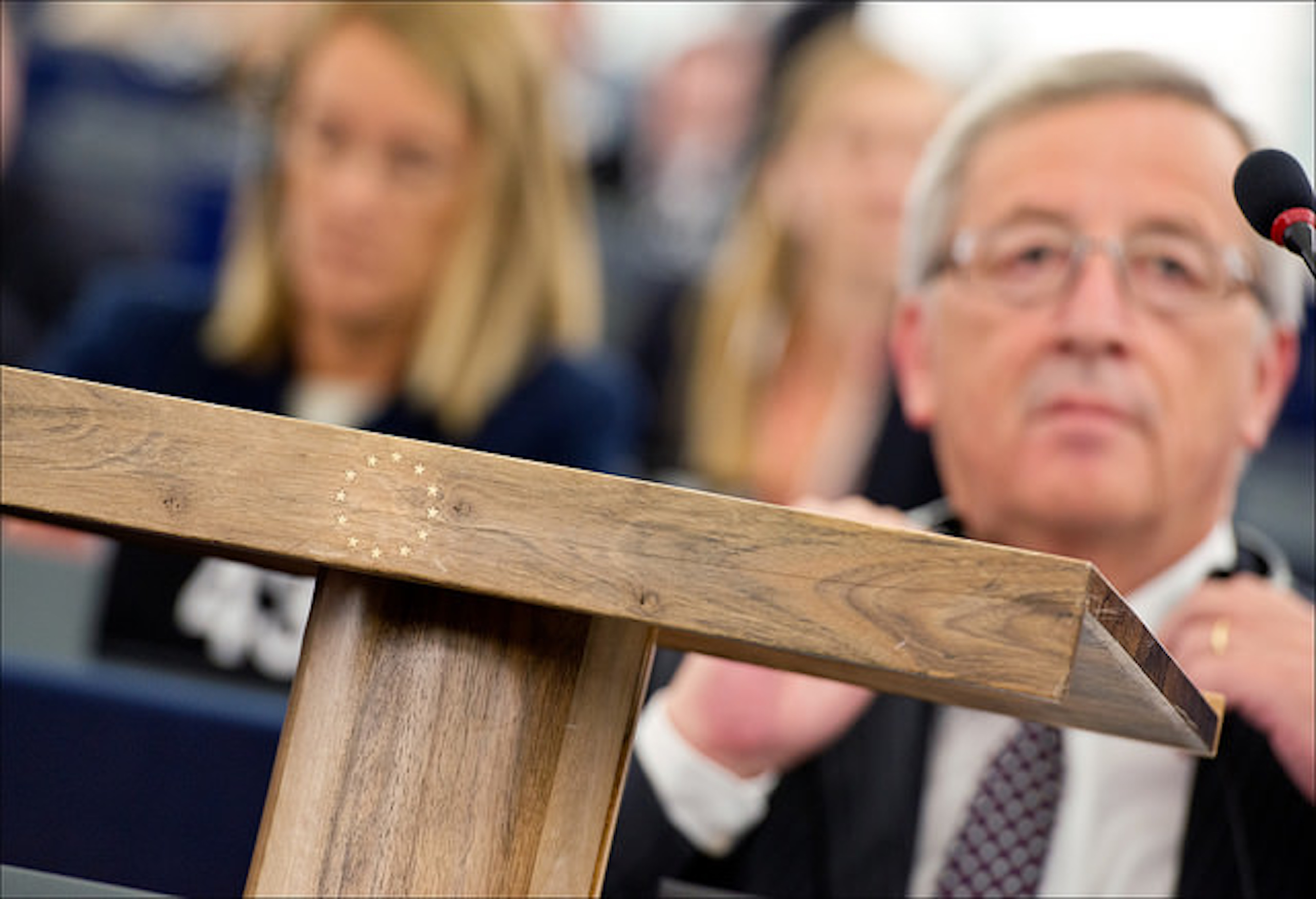Europe is not faring well on the challenges posed by the sustainable development goals. Rather than battening down the hatches and chasing economic growth at any cost, the European commission must place respect for human rights at the centre of their forthcoming plans, writes Tanya Cox, Jussi Kanner and Evert-Jan Brouwer.
For the first time in history we have an agenda – including 17 comprehensive goals – that brings together all key areas for development reform: social, economic, environmental and even some elements of governance.
These sustainable development goals aim to end poverty and inequality, not only in faraway countries but also at home. The SDGs push for economic progress that should also meet high social and environmental standards. They aim for peace and prosperity everywhere, and they recognise how urgent the challenges are. World leaders have agreed to achieve these global goals by 2030.
The agenda is not a vision of an unreachable utopia. The wellbeing of all people and the future of our planet depend on it. That’s why it shouldn’t be just one more in a series of well-meant declarations by world leaders.
So how is Europe faring on these challenges? Well, the hard truth is – not well at all. Despite chasing economic growth as key to prosperity – and at almost any cost to society and the environment – inequality is rising and people are increasingly questioning so-called austerity. While climate change brings disaster after disaster across the world, European leaders think our policies are fine and we’re doing more than anyone else to achieve sustainability. When people fleeing war and persecution reach our borders, Europe battens down the hatches and diverts development funds to deal with the influx. Are these really the solutions the SDGs prescribe? Where have our “European values” and solidarity gone?
European leaders are fooling themselves if they truly believe more of the same will produce different results. It certainly does not bode well for the measures we’re expecting in a few days. If the 10 priorities listed by the European commission are thought to reflect everything the continent needs to do for sustainable development, or that better regulation and more growth are the way forward, we should start to worry. We should be concerned about Europe’s commitment to sustainable development and about its relevance in the world.
And if the revised development policy proposes that funds be used to stop migrants and asylum seekers from entering Europe – for example, through an “external investment plan” that largely serves to help European companies invest in Africa – we should protest. Instead, the EU should be supporting decent work opportunities for communities to escape poverty and ensuring the private sector respects environmental standards and human rights.
At a time when Europe is navigating choppy waters, we need real leadership. Only 33% of European citizens say they trust the EU, according to the latest Eurobarometer survey. The world outside Europe’s borders is in turmoil and many countries – or, at least, their leaders – are increasingly speaking the language of isolation or war, instead of diplomacy and dialogue. Though it will be challenging, the EU should be able to ride these waves, provided the European commission president, Jean-Claude Juncker, and his crew exercise real leadership. That means taking current concerns seriously, but addressing them with a long-term perspective in the interests of all.
One hopes that the expected new policies will provide comprehensive guidance for the coming years. And that they will not only set out how the EU will achieve the SDGs and the Paris agreement on climate change, but also how Europe can work with and assist other countries to do so around the world.
We expect a landmark strategy to guide the way for Europe to reach the agreed goals: such as choosing fair trade instead of free trade; ensuring a much faster transition to renewable energy and away from fossil fuels; choosing human dignity instead of narrow, short-term security interests; ensuring we leave no one behind by tackling rising inequalities at home and abroad.
The way these policies are taken forward by EU member states must be a first step towards a sustainable Europe that speaks to its citizens. That will help to build a strong and credible Europe. Core values that citizens can identify with and which bind Europe together have to be at the heart of this new Europe: respect for human rights, justice, democracy and peace. The first vice-president of the commission, Frans Timmermans, recently admitted “the stakes could not be higher”.
It is time to make Europe relevant again. For its citizens, and the rest of the world.
Evert-Jan Brouwer and Jussi Kanner are co-chairs of Concord Europe’s group for sustainable development. Tanya Cox is a member of the steering group

